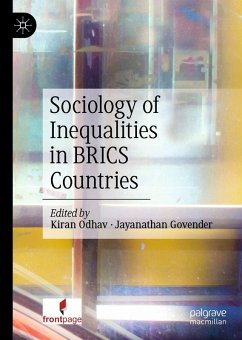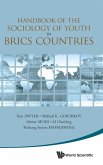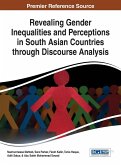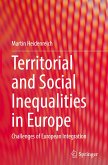This book brings together original insights from diverse researchers across BRICS nations, offering a multidimensional analysis of recurring socio-economic, cultural, and political challenges. Through a comparative lens, it explores key themes such as identity formation, racialized discrimination, shifting consumption patterns, subaltern counter-publics, social engineering, indigenous knowledge systems, technological advancements, employment dynamics, and the impact of sports and mega-events.
Beyond BRICS, the book holds significant relevance for other emerging economies, including the European Union, the Americas, Africa, and economic groups like Colombia, Indonesia, Vietnam, Egypt, Turkey, and South Africa (CIVETS) and the Next 11 (Bangladesh, Egypt, Indonesia, Iran, Mexico, Nigeria, Pakistan, the Philippines, Turkey, South Korea, and Vietnam). These regions grapple with similar concerns regarding inequality and social transformation, making this book a vital resource for scholars, policymakers, and development practitioners.
By examining historical patterns and contemporary developments, this book offers valuable perspectives on how societies evolve and address systemic challenges. Whether analyzing the role of innovation in economic growth, the politics of identity, or the social implications of large-scale events, this book serves as a crucial reference for understanding the forces shaping BRICS nations and beyond.
For academics, policymakers, and anyone interested in global development, this book provides a compelling exploration of pressing social issues and offers comparative insights that extend well beyond the BRICS framework.
Beyond BRICS, the book holds significant relevance for other emerging economies, including the European Union, the Americas, Africa, and economic groups like Colombia, Indonesia, Vietnam, Egypt, Turkey, and South Africa (CIVETS) and the Next 11 (Bangladesh, Egypt, Indonesia, Iran, Mexico, Nigeria, Pakistan, the Philippines, Turkey, South Korea, and Vietnam). These regions grapple with similar concerns regarding inequality and social transformation, making this book a vital resource for scholars, policymakers, and development practitioners.
By examining historical patterns and contemporary developments, this book offers valuable perspectives on how societies evolve and address systemic challenges. Whether analyzing the role of innovation in economic growth, the politics of identity, or the social implications of large-scale events, this book serves as a crucial reference for understanding the forces shaping BRICS nations and beyond.
For academics, policymakers, and anyone interested in global development, this book provides a compelling exploration of pressing social issues and offers comparative insights that extend well beyond the BRICS framework.








